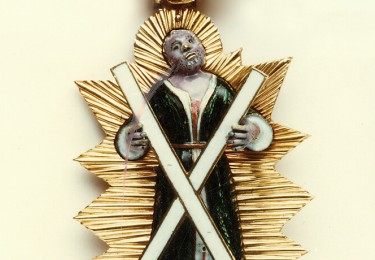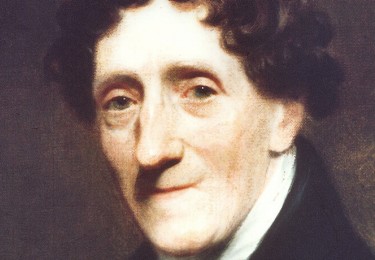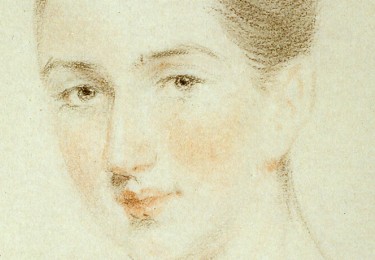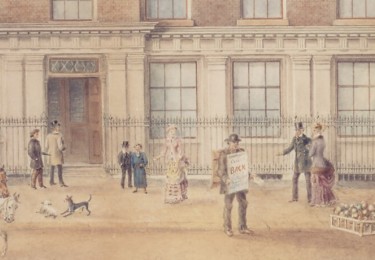

OUR HISTORY
Coutts has more than 300 years of experience which underpins how we operate today.
OUR CHARACTER
From serving Queen Anne in the 18th century to supporting the world’s most exceptional people today, we’ve been banking the best and brightest for over three hundred years.
Every step of the way, it’s our passion for innovation that’s kept us fresh and modern. In 1963, for example, we became the first British bank to use computerised accounts.
Today, you’ll find us supporting forward-looking start-ups focused on anything from cancer treatment to drone data through the Coutts Investment Club.
We also like to think we’re a bit different. We have a working garden on the roof of our HQ that’s run by our pioneering, green-fingered head chef. It’s also home to the bees who make our special ‘Three Crowns’ honey.
OUR STORY SO FAR
COUTTS TODAY
We’re extremely proud to be one of the best-known private banks in the world – an exceptional organisation that serves exceptional people.
First-CLASS SERVICES
We provide first-class, day-to-day banking services such as current accounts, mortgages and credit cards, as well as flexible, innovative lending services. We're also an established investment house, providing a range of portfolios and funds underpinned by disciplined, data-driven processes designed to help clients grow their wealth over time.
But we're much more than just a bank and have a clear purpose. We're committed to helping our clients reach their potential and contribute to wider society. We do this primarily in three ways: supporting entrepreneurs and businesses; focusing on sustainability – particularly climate change; and promoting the importance of financial planning.
Our people are diverse, skilled and passionate, and we invest time and resource in supporting them as they balance busy work lives with equally busy home lives.
We currently have 14 offices across the UK, and also offer our services in the Channel Islands.
STILL AT HOME ON THE STRAND
Today you’ll find our HQ on The Strand in London, where it all began in 1692. We’ve been based at number 440 since 1904. The building has seen three renovations in that time, two of which were officially opened by Her Majesty Queen Elizabeth II.
The Skyline Garden opened in 2012 and is now a fully-working roof garden which grows sustainable produce for our client dining facilities. Our mantra is ‘two hours from garden to plate’.
But it’s more than that – we’re also providing a green environment for wildlife in the heart of London.
We introduced beehives in 2017 and make our own ‘Three Crowns’ honey. When the pandemic forced our staff to work from home, we kept the garden going and donated the fresh produce to a food charity.
Advice and product fees may apply. The value of investments and the income from them can fall as well as rise, and you may not recover the amount of your original investment.
Your home or property may be repossessed if you do not keep up repayments on your mortgage.
Over-18s only. Terms and conditions apply. You may not be eligible for all Coutts mortgage solutions. Security may be required.
When you become a client of Coutts, you'll be part of an exclusive network
















